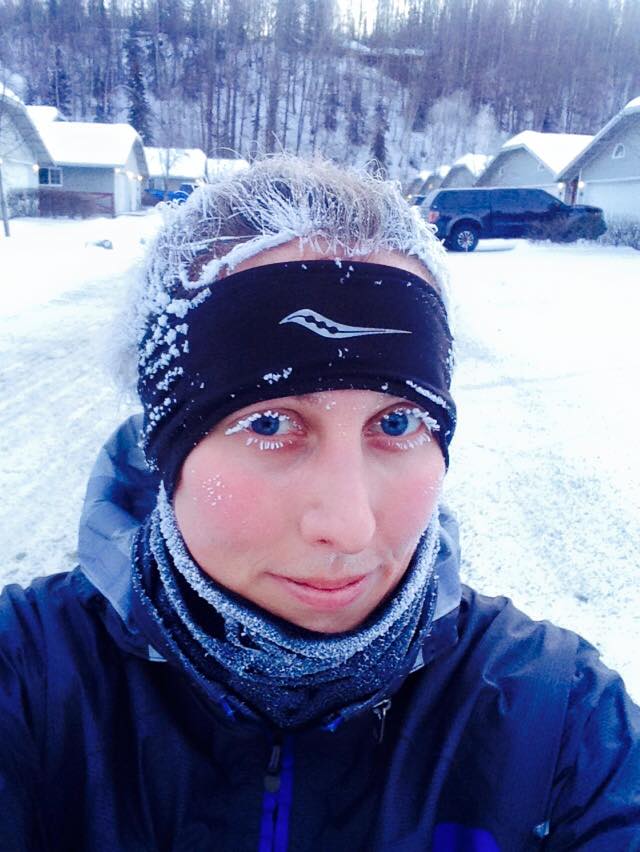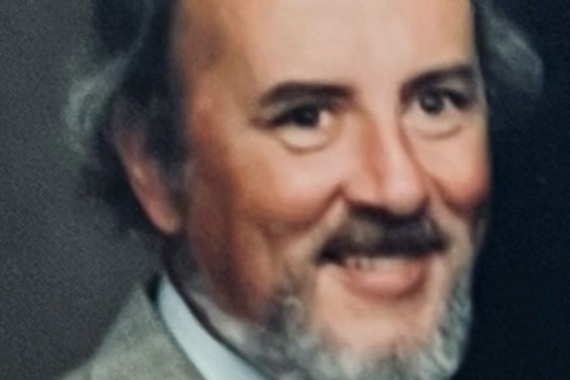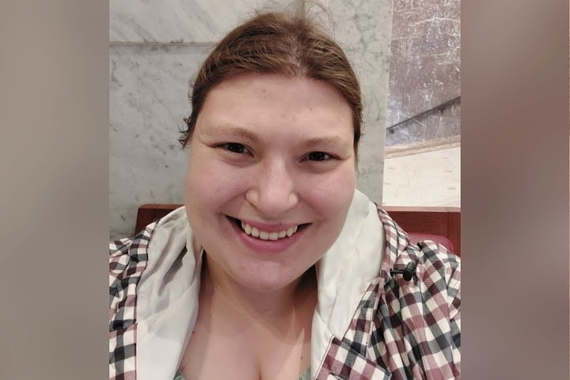Settler Colonialism and Creative Resiliency of Alaska Natives

Arnett out for a run in Anchorage, AK
while on a research trip
“I read somewhere years ago that if research doesn’t change you as a person, then you haven’t done it right. In a nutshell, I’m angrier and more combative than ever … but I also feel incredibly humbled, hopeful, and inspired at the possibility of affecting change in the way we understand the world we live in--and in the process dismantling the structures and institutions that sustain these very systems.”
Third-year PhD student Jessica Leslie Arnett recently returned from an archival trip to Alaska where she does research on US settler colonialism and imperialism. Having grown up in Alaska and observed debates, often racially charged, between Alaska-Natives and non-Natives over indigenous subsistence rights and the rights of non-Native recreational hunters, Jess was frustrated to find that the existing historical narratives seemed incomplete. “I searched for histories of Alaska that addressed US colonialism and found virtually none, so I decided to write it.”
Want to learn more about Jess’s recent research experiences, life as a graduate student, and passion for teaching history? Read on to see more of her responses from our recent interview.
What drove you to study history?
I had a history instructor as an undergrad, before I had declared a history major, who took an approach to U.S. history in which his lectures and our readings were particularly critical of the United States. I immediately felt that up until that point in my education I had essentially been lied to, and I felt this overwhelming sense of betrayal. I wanted to pursue that because it fundamentally changed the way I understood who I was.
If you were going to put a soundtrack to your dissertation, what songs would you include?
Lots of Bob Dylan and Neil Young for starters. Some Dan Bern—especially his song “True Revolutionaries”
What is your favorite undergraduate course that you have worked with?
I like the US surveys. It gives me a chance to reach out to majors and non-majors alike and really challenge the way students understand US history and their role in shaping their political, social, and economic environments.
What is your best/most interesting/most embarrassing research trip experience?
Best – Going running in the mountains in Juneau with the archivist after a long week sifting through files. Most embarrassing – Getting my picture taken for my NARA ID card---I didn’t know they did that, so I was woefully unprepared and look like a sleep-deprived grad student on this ID card. I can’t wait till it expires so I can get a new one.
What do you think is the most exciting/interesting thing about your topic/field that others might not know about?
I don’t even know where to start with this one….Too many to choose from. The more I research, the more I’m surprised—and inspired. Mostly what’s exciting to me are the creative and savvy ways that Alaska Natives navigated the contradictory and tangled web of imperialism and settler colonialism, and in doing so changed the very nature of the relationship of Alaska to the US—and the US generally I think.
What is your favorite thing about winter in MN?
Running. In the cold. Like a beast.


